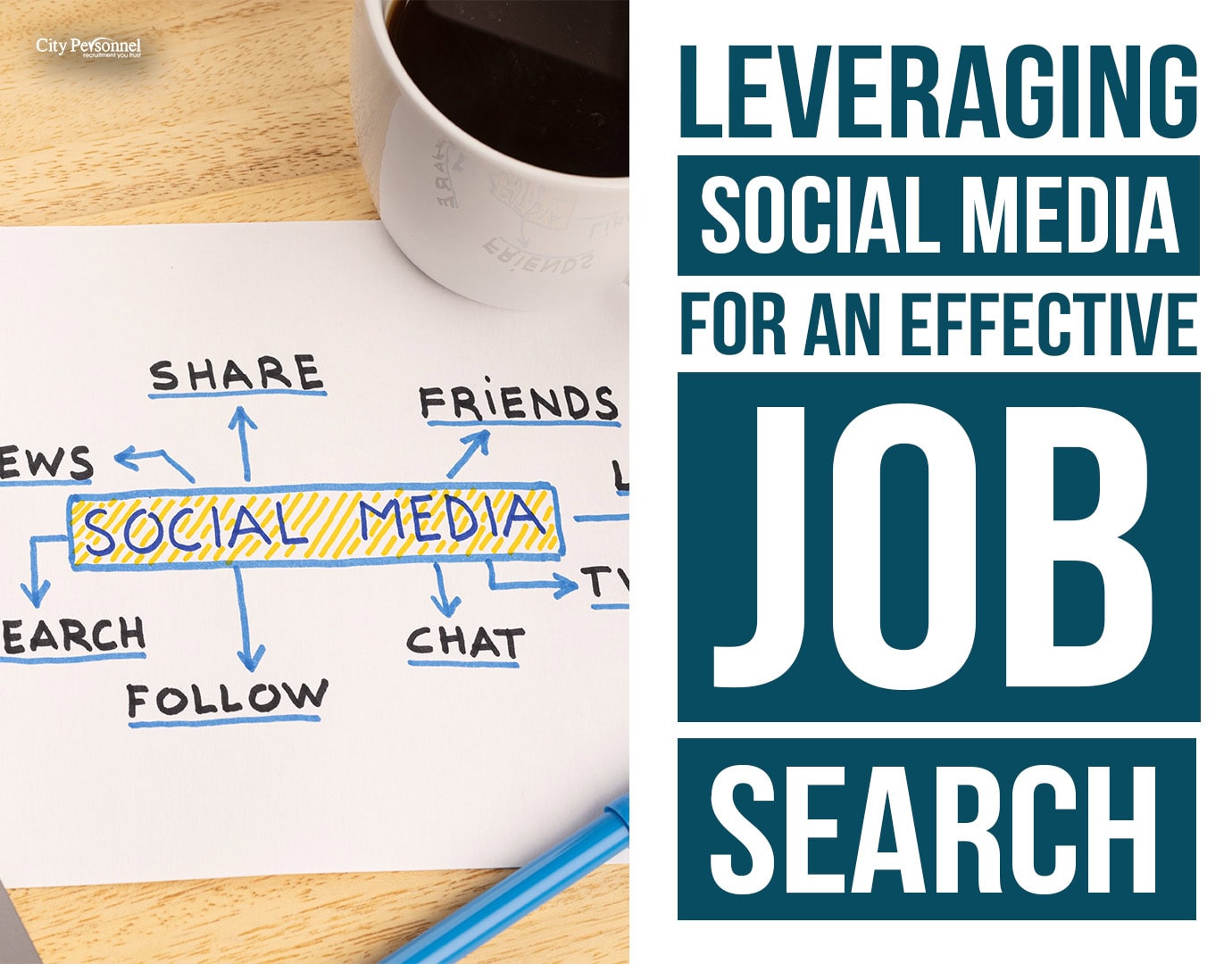From artificial intelligence to cutting-edge technologies, the future of work in 2024 is filled with exciting challenges and opportunities. Whether you’re aiming for a promotion or pursuing your dream role, staying ahead of the curve by mastering key skills is essential.
In this blog post, we will dive into the essential skills that will unlock your career’s true potential in 2024. These abilities will not only benefit employers but also empower employees to thrive in the evolving landscape of work.
What Skills Will be in Demand in 2024?
In order to stay ahead of the game and unlock your career’s true potential in 2024, it’s crucial to understand the most in-demand skills for the upcoming year. By focusing your efforts on developing these sought-after abilities, you can position yourself as a desirable candidate in the job market. Some of the top skills that will be in high demand in 2024 include:
Artificial Intelligence Skills
As artificial intelligence becomes increasingly integrated into the workplace, there are essential skills that administrative professionals can develop to leverage AI effectively. These skills focus on utilizing AI tools and technologies to streamline administrative tasks, improve productivity, and enhance decision-making processes. Here are some key skills for administrative professionals to harness the power of AI:
- Automation Familiarity: Understanding how to leverage AI-based automation tools can help administrative professionals save time and increase efficiency. Familiarize yourself with automation platforms and tools that can automate repetitive tasks such as data entry, scheduling, and report generation.
- AI Tool Adoption: Learn about AI-powered tools and software specifically designed for administrative tasks. These tools can assist with document management, email sorting and prioritization, virtual assistants, and workflow optimization. Familiarize yourself with the functionalities and benefits of these tools to make informed decisions about their implementation.
- Data Management: AI relies on data, so having a basic understanding of data management is valuable. Learn how to organize, analyze, and interpret data effectively. This skill will enable you to make data-driven decisions and identify patterns or trends that can help optimize administrative processes.
- Information Security Awareness: Understand the importance of data privacy and security when working with AI tools. Learn about best practices for protecting sensitive information and ensure compliance with relevant regulations, such as data encryption, secure document sharing, and access control.
- Continuous Learning: Stay updated on emerging AI technologies and trends. Engage in professional development activities such as online courses, webinars, or workshops to expand your knowledge and stay ahead of the curve.
By developing these basic AI skills, you can effectively leverage AI to optimize your workflow, improve productivity, and enhance decision-making processes within your roles.
Communication Skills
In any professional setting, clear and effective communication is crucial for success. Regardless of your role or industry, strong communication skills are highly valued by employers. Here’s why developing these skills is so important in 2024:
- Conveying Ideas: Effective communication allows you to articulate your thoughts, ideas, and opinions clearly and concisely. Whether it’s in a meeting, through written communication, or during presentations, the ability to express yourself in a compelling manner ensures that your ideas are understood and taken seriously by colleagues, clients, and stakeholders.
- Collaboration and Teamwork: Communication skills are essential for collaborating with colleagues and working effectively as part of a team. Clear communication fosters better understanding, promotes cooperation, and helps build positive relationships. It enables you to actively listen, provide constructive feedback, and contribute to productive discussions, all of which contribute to successful teamwork.
- Active Listening: Effective communication is a two-way process, and active listening is a fundamental component. It involves giving your full attention to the speaker, understanding their perspective, and responding appropriately. Active listening ensures that you fully comprehend information, avoid misunderstandings, and show respect for the speaker’s ideas and opinions.
- Resolving Conflicts: Conflict can arise in any professional setting. Strong communication skills enable you to navigate conflicts in a constructive manner. By using effective communication techniques such as empathy, diplomacy, and negotiation, you can address disagreements, find common ground, and reach mutually beneficial solutions.
Continuously developing and honing your communication skills will benefit you throughout your career. Effective communication allows you to express yourself with clarity, collaborate successfully with others, resolve conflicts, and build strong professional relationships—all of which are critical for personal and organizational success.
Adaptability and Flexibility Skills
In today’s fast-paced and ever-changing professional landscape, adaptability and flexibility have become essential skills. These skills enable individuals to navigate uncertainty, embrace change, and thrive in dynamic work environments. Here’s why developing adaptability and flexibility is crucial:
- Embracing Change: The ability to adapt to change is vital as organizations undergo continuous transformations. Whether it’s technological advancements, market fluctuations, or shifting priorities, being adaptable allows you to adjust your mindset and approach to effectively respond to new circumstances. By embracing change, you can remain resilient and seize opportunities that arise from evolving situations.
- Learning Agility: Adaptability and flexibility are closely tied to learning agility—the capacity to acquire new knowledge and skills quickly. With the rapid pace of innovation, industries constantly evolve, requiring professionals to continuously upskill and reskill. Being open to learning, seeking new perspectives, and embracing ongoing development enables you to stay relevant and agile in an ever-changing work environment.
- Problem-Solving Skills: Adaptability and flexibility go hand-in-hand with problem-solving abilities. When faced with unexpected challenges or setbacks, being adaptable allows you to think creatively, identify alternative solutions, and pivot when necessary. This skillset enables you to overcome obstacles and find innovative approaches to achieve desired outcomes.
- Resilience and Stress Management: Adaptable individuals possess resilience and effective stress management skills. They can cope with ambiguity, setbacks, and high-pressure situations, maintaining a positive attitude and focusing on finding solutions. This resilience allows them to bounce back from challenges, maintain productivity, and inspire others during difficult times.
Developing adaptability and flexibility as core skills allows individuals to thrive in today’s dynamic work environment. These skills enable professionals to navigate uncertainty, embrace change, solve complex problems, collaborate effectively, and lead with resilience. By cultivating adaptability, individuals position themselves for long-term success and growth in their careers.







